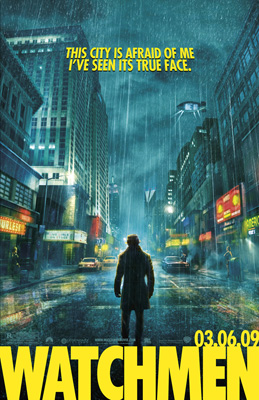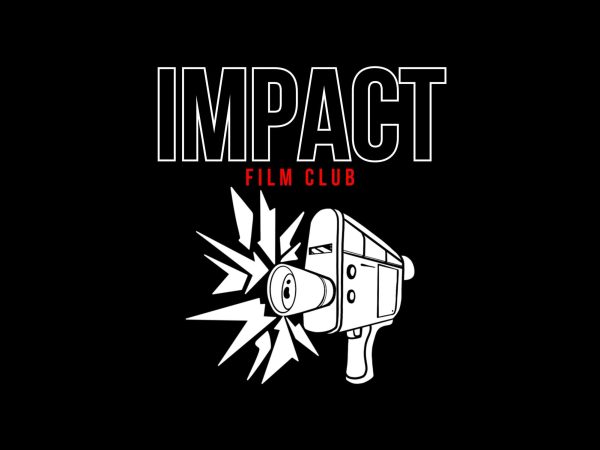“Watchmen”: Superheroes story includes heavy philosophical issues
Both the graphic novel and film adaptation of “Watchmen” ask difficult questions about human nature from the molecular to the cosmic view.

‘Watchmen’ is a action superhero film, directed by Zack Snyder, based on the 1986-1987 comic book limited series Watchmen by Alan Moore and Dave Gibbons,
March 10, 2009
Movie: Watchmen (2009)
Director: Zack Snyder
Stars: Four ? (out of five)
“The world’s smartest man means no more to me than does its smartest termite,” says the deity-like Dr. Manhattan.
Think about that statement for a minute; while this type of dialogue might be typical of superhero boasting, it also doubles as an observation on the significance of human existence in the cosmic sense. Another character named Rorschach observes that humanity is essentially vermin, and that there are so many evildoers deserving of retribution. So if humankind is so trivial and so evil, why should the all-powerful Dr. Manhattan truly care about saving it?
Both the graphic novel and film adaptation of “Watchmen” ask difficult questions about human nature from the molecular to the cosmic view. Masked superheroes may be able to stop one or two crimes a day, but they can’t stop humanity from destroying itself through chaos and violence. It’s amazing that we haven’t already destroyed ourselves. In a fallen world when people have every reason to hate one another, it is so highly improbable that we still find love and forgiveness that it truly has to be a miracle.
At one point Dr. Manhattan says, “thermodynamic miracles are events with odds against so astronomical they’re effectively impossible, like oxygen spontaneously becoming gold.” The power of love is so unique that it simply cannot be ignored in the cosmic or the philosophical sense. If you haven’t guessed by now, “Watchmen” is a philosophically heavy story.
The philosophical ideas are all jam-packed into a story about an alternate universe taking place in the year 1985. America has won the war in Vietnam, Nixon is in his fifth term, masked superheroes have been banned and outlawed, and the setting is Vietnam, New York, Mars and Antarctica. That, and the film all focuses on a naked blue guy. If that sounds weird, think about how difficult it must have been to adapt the film from the comic to the big screen.
The film opens with the death of a masked vigilante, known as the Comedian (Jeffrey Dean Morgan). Soon, other superheroes start disappearing. The scientist-turned-super being known as Dr. Manhattan, who acts as America’s main defense against the Soviets, suddenly leaves Earth in bizarre fashion. A masked vigilante named Rorschach (Jackie Earle Haley) believes there to be a plot to get all the remaining masked superheroes out of the way, in preparation for a nuclear holocaust. So the remaining members of the team are called into action and out of retirement in an attempt to stop the nuclear doomsday from arriving.
The graphic novel “Watchmen” has been ranked on Time Magazine’s 100 Best Novels, and director Zack Snyder should be commended for his dedication to preserve the artistic look and vision of the original source material, even if not everything translates well in adaptation. There was a real sense of impending doom in the novel, but in the movie the pacing feels somewhat clunky at times simply because there’s a constant bombardment of information. It may not always be entirely successful, but the attempt is highly ambitious.
When it comes to the violence and sexuality, Snyder goes unnecessarily over-the-top. Snyder’s usage of slow-motion and explosively bloody violence may be as visceral on the same level as a music video, but it’s unnecessary when telling a story this heavy on philosophical ideas. In addition, Snyder focuses more on the actual act of sex than Alan Moore, the author of “Watchmen,” intended. He pumps it full of the same steroids that he injected into “300.” It may work well in glorified eye candy like “300” but there’s more going on in “Watchmen,” and there is no point to relish the violence or the sexuality beyond its original purpose.
Still, some directorial quibbles aside, the film is big and bold enough in its vision to forgive it for its faults. Like “The Dark Knight,” here is another compelling superhero film that demands us to rethink how we perceive the superhero genre.






